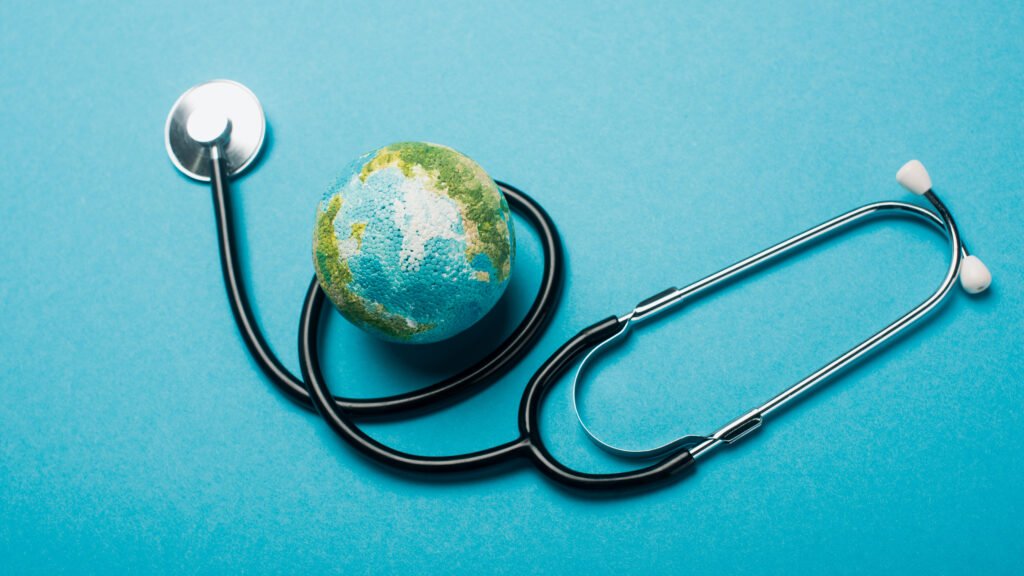The recent reports of a “mystery illness” in the Democratic Republic of Congo (DRC) have once again brought the spotlight on the importance of rapid detection and response to infectious threats. With 406 cases and 31 deaths reported in the Panzi health zone, initial investigations pointed towards an unknown disease. However, the DRC’s health ministry has now linked the outbreak to severe malaria, a deadly disease that disproportionately affects children under 5 in regions plagued by food insecurity and malnutrition.
In a world where pathogens are constantly evolving and emerging, the need for robust systems to detect, investigate, and respond to outbreaks is paramount. The United States has been a key player in building global surveillance systems to identify emerging infectious threats. Initiatives like the Epidemic Intelligence Service (EIS) and the Global Polio Eradication Initiative have been instrumental in this regard. Additionally, the President’s Emergency Plan for AIDS Relief (PEPFAR) has been a significant investment in building global detection capacity, not just for HIV but also for other diseases like tuberculosis, malaria, and emerging pathogens.
The U.S. has also established an extensive network of public health partnerships and field offices around the world, including in the DRC. These relationships are built on years of cooperation, training, and shared surveillance, enabling American experts to work closely with local health authorities to respond swiftly to outbreaks. The CDC’s presence in over 60 countries has been crucial in monitoring and containing emerging threats like influenza and Zika.
Moreover, the U.S. is actively involved in developing and deploying medical countermeasures to stop outbreaks in their tracks. Funding from agencies like the National Institutes of Health and the Biomedical Advanced Research and Development Authority has led to the development of vaccines and treatments for diseases like Ebola. These investments are essential in protecting frontline health care workers, providing lifesaving care to patients, and containing outbreaks before they escalate.
While there have been criticisms of agencies like the CDC and NIH for their responses during the Covid-19 pandemic, it is important to acknowledge the immense scientific and operational capacities they have built over decades. Reforms to streamline processes and improve responsiveness are necessary, but discarding their expertise and infrastructure would be shortsighted.
As the largest funder and implementer of global health programs, the United States must continue to prioritize investments in global health, regardless of political affiliations. Infectious threats do not adhere to electoral cycles, and stepping back from critical areas like antimicrobial resistance and climate change-driven diseases would leave the U.S. vulnerable to global health risks. It is imperative that the U.S. remains at the forefront of global health initiatives to protect its population and those around the world.


